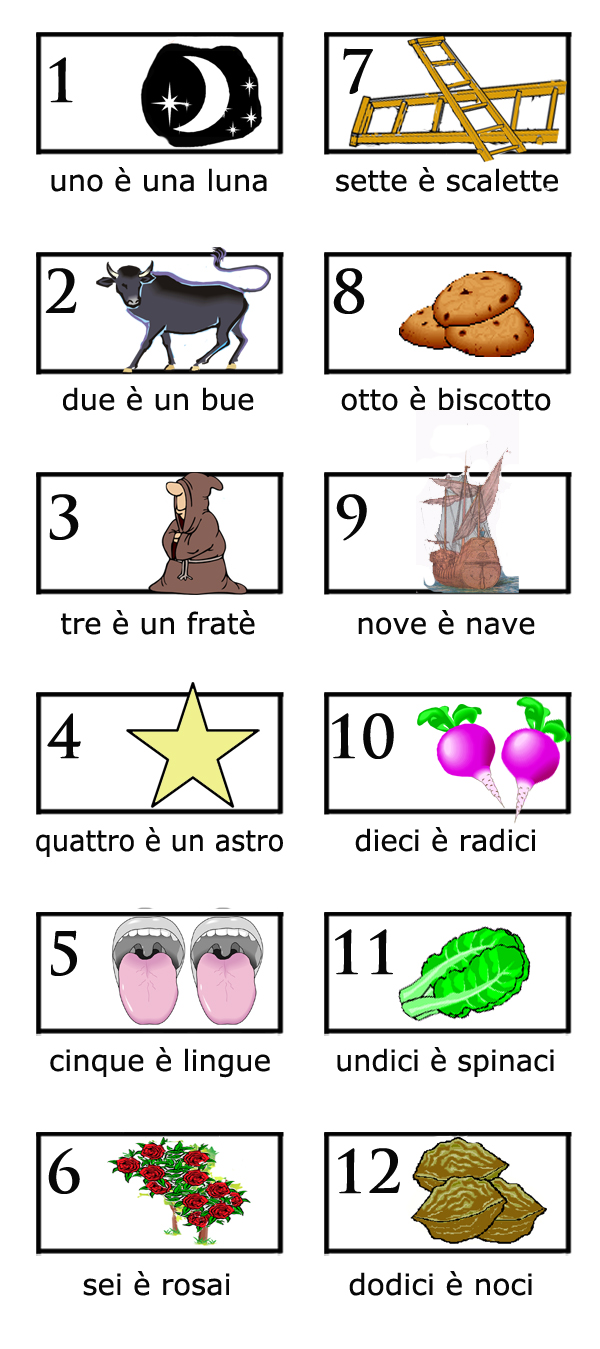While parents and teachers have always strongly supported small class sizes, their belief has not always been supported by evidence. Part of the problem lies in that word “small” — what constitutes a small class? Different interventions have looked at reducing class sizes from 40 to 30, or 30 to 25. It may well be that such reductions are not sufficient to show clear benefits.
- Strategies
Everyday Strategies
- Lifestyle & Aging
Lifestyle
- Sleep & Circadian Rhythm
- Problems
Forgetting
Absentmindedness
Cognitive Impairment
- How Memory Works
Types of memory
Individual Differences
How the brain works
